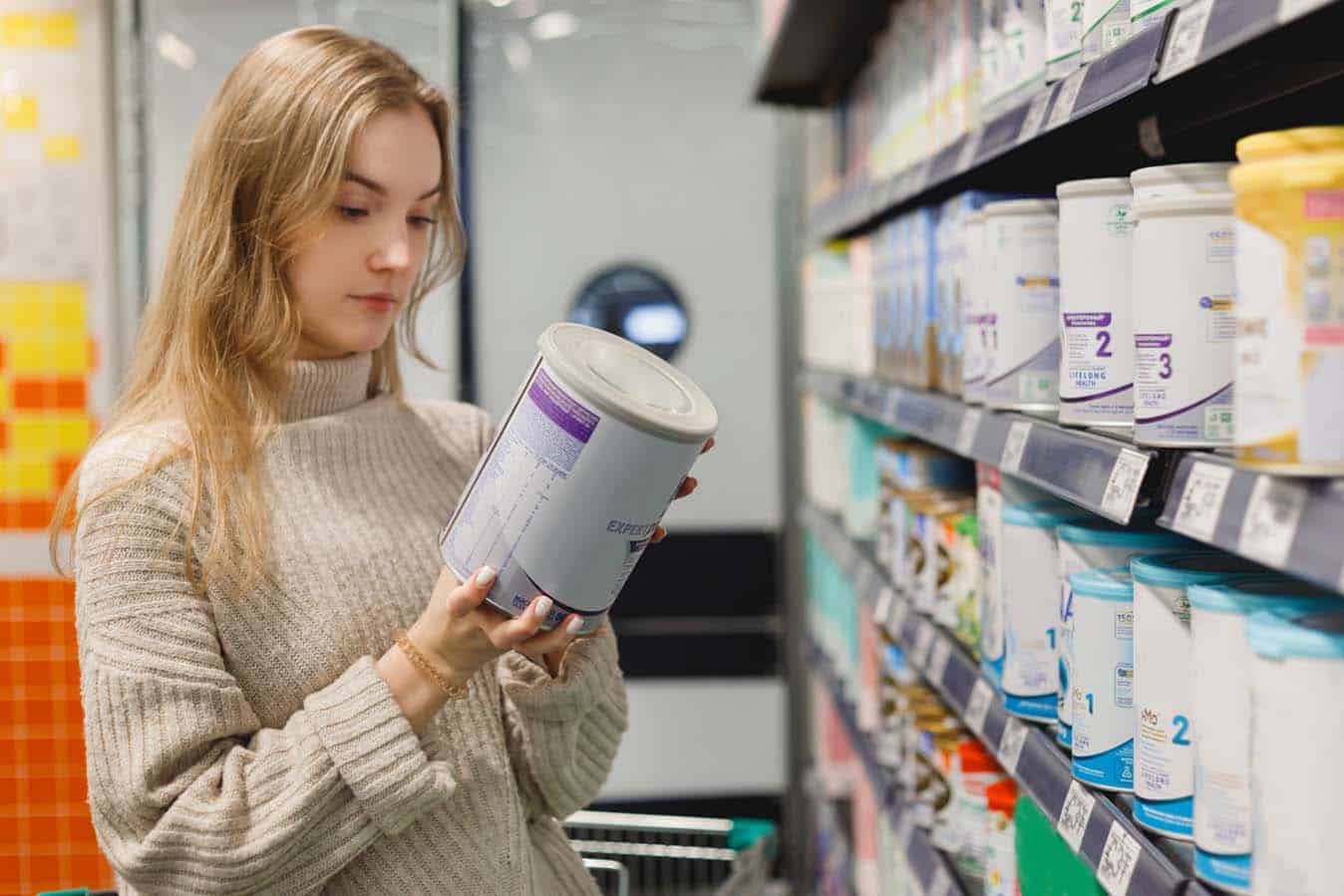Breastfeeding advocates have reiterated calls for an end to exploitative strategies of infant formula marketing and for stronger regulation of the industry in Australia and abroad.
The calls come ahead of the joint Australian National University and Deakin University Australasia and Pacific virtual launch of the 2023 Lancet Series on Breastfeeding on Tuesday 14 February.
The 2023 Lancet Series on Breastfeeding calls for active promotion of breastfeeding, enabling mums, families and health professionals to make informed decisions around infant feeding that are guided by accurate information and free from industry influence.
A commentary published in The Lancet Western Pacific by a global network of breastfeeding advocates, highlights how widespread marketing and promotion of commercial milk formula influences feeding decisions and negatively impacts breastfeeding rates.
“Families have a right to make infant feeding decisions free from commercial influence,” one of the authors and Independent Breastfeeding Advocate, Nicole Jameson told the ANMJ.
“The concept of choice is undermined by the unethical and exploitative marketing of infant formula and breast milk substitute products,” she said.
While global breastfeeding rates have increased very little in the past two decades, the sales of formula milk have more than doubled in the same time, according to the World Health Organization (WHO).
Breastfeeding within the first hour of birth, followed by exclusive breastfeeding for six months and continued breastfeeding for up to two years or beyond, offers defence against malnutrition and protection against many common childhood illnesses. Yet globally, only 44% of babies less than six months old are exclusively breastfed.
WHO/UNICEF report* released in February 2022, found that exposure to formula milk marketing increases the likelihood of families choosing formula feeding.
The messages that parents and health professionals receive are often misleading, scientifically unsubstantiated, and violate the International Code of Marketing of Breast-milk Substitutes (the Code) – a landmark public health agreement passed by the World Health Assembly (WHA) in 1981 to protect mothers from aggressive marketing practices by the infant formula industry.
“False and misleading messages about formula feeding are a substantial barrier to breastfeeding, which we know is best for babies and mothers,” said UNICEF Executive Director Catherine Russell.
“We need robust policies, legislation and investments in breastfeeding to ensure that women are protected from unethical marketing practices, and have access to the information and support they need to raise their families.”
The WHA Code is not legally binding and requires national adoption into law and enforcement to be effective. Only 12 countries have legislation that substantially aligns with the Code – Australia is not one of them.
Instead, Australia has adopted a voluntary system of industry self-regulation, which is amongst the weakest measures globally, according to The Lancet Western Pacific commentary. It relies on consumer reporting and does not sanction violations.
“It’s a free marketing approach in which the onus is on the consumer to determine from what they see on the shelves. Often consumers assume there is an approved mechanism or regulation for which (infant formula) claims are substantiated,” said Ms Jameson.
“It puts vulnerable mothers and babies at risk. Mothers are often caught in a trap where it’s very difficult to establish breastfeeding and support is often not timely or accessible and then they are subject to the influencing of infant formula marketing.
“It pervades everything, from feeding to sleep and settling advice. The industry promotes breast is best and capitalises on mothers who cannot breastfeed with the next best thing.”
The vulnerability of infants who are not breastfed has been highlighted during recent natural disasters, the pandemic and the United States infant death and commercial milk formula shortage.
Australia not only fails to enforce the Code at home, but supports Australian companies in undermining Code legislation in neighbouring countries, Ms Jameson said.
Examples include violations of local legislation by Australia diplomats, promotion of commercial milk formula products within healthcare systems, celebrity endorsements and misleading and inaccurate health claims. Australia is the world’s sixth largest exporter of commercial milk formula and a major supplier to South East Asia and China.
“To properly protect breastfeeding and prevent the unique vulnerability and food insecurity accompanying dependence on commercial milk formula, governments must impose legally enforceable limits on corporate marketing activity at all levels of policy and society,” wrote authors of The Lancet commentary.
WHO, UNICEF and partners have called on governments, health workers, and the infant formula industry to end exploitative formula milk marketing and fully implement and abide by the Code requirements. This includes:
- Passing, monitoring and enforcing laws to prevent the promotion of formula milk, in line with the International Code, including prohibiting nutrition and health claims made by the formula milk industry.
- Investing in policies and programs to support breastfeeding, including adequate paid parental leave in line with international standards, and ensuring high quality breastfeeding support.
- Requesting industry to publicly commit to full compliance with the Code and subsequent World Health Assembly resolutions globally.
- Banning health workers from accepting sponsorship from companies that market foods for infants and young children for scholarships, awards, grants, meetings, or events.
*WHO/UNICEF How marketing of formula milk influences our decisions on infant feeding report.
More information, including how to register for the virtual launch is available at Eventbrite.








